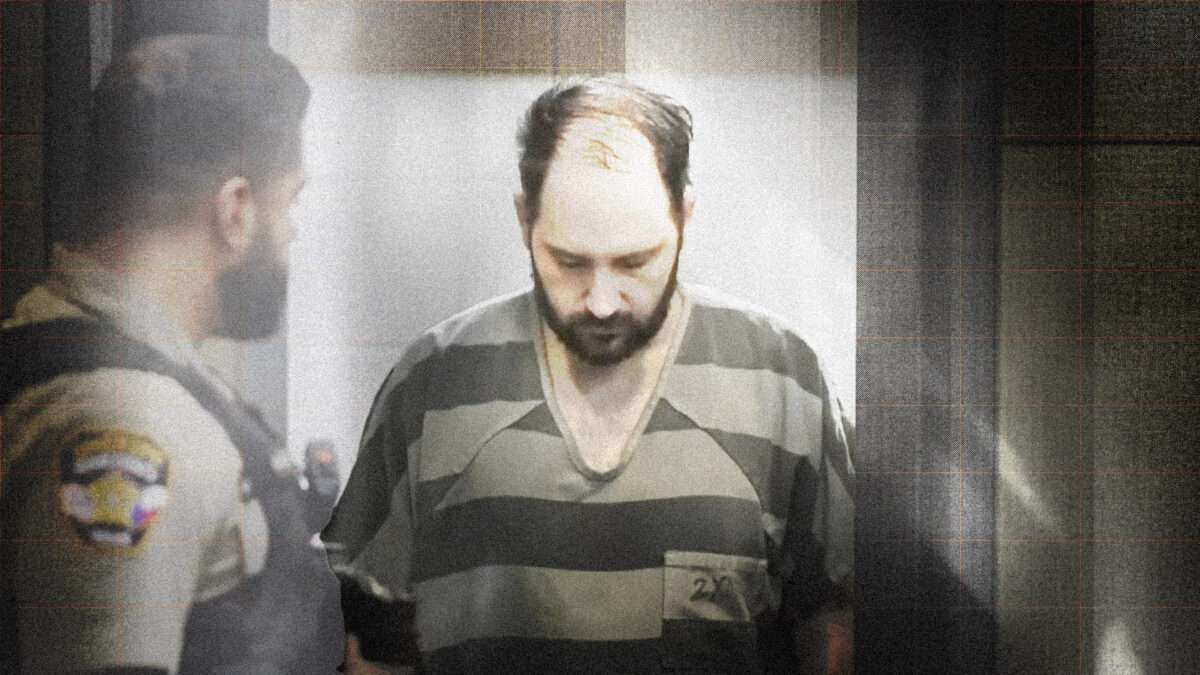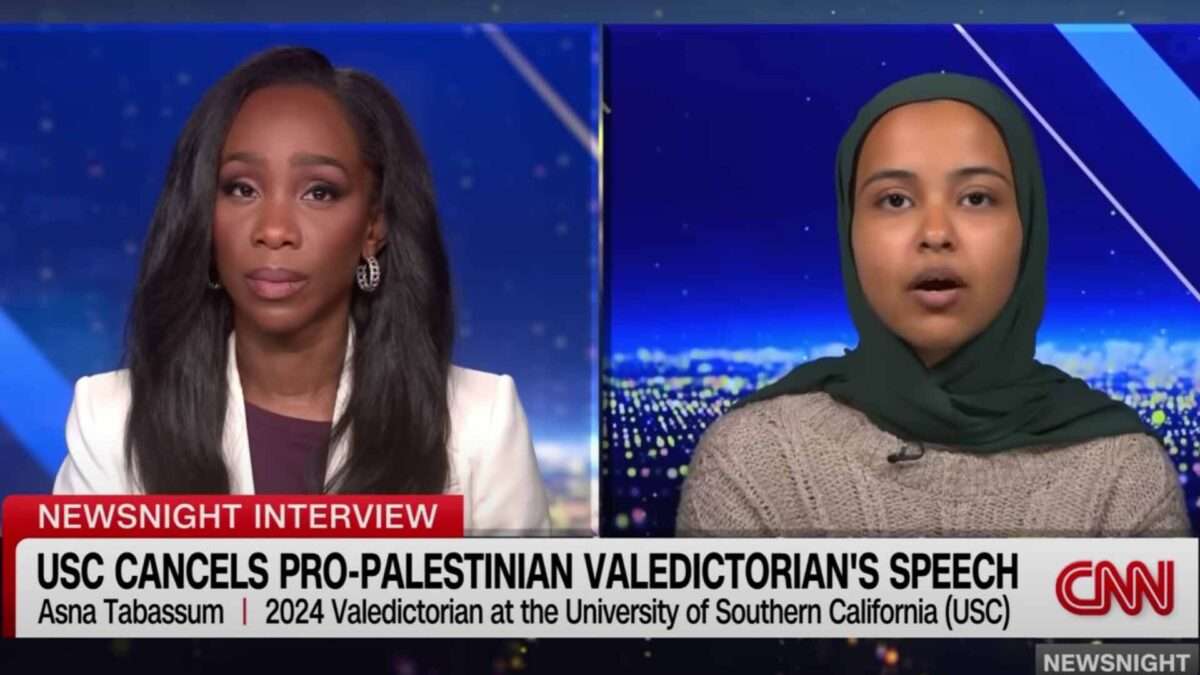A Brief, Biased History of the Culture Wars

Outrageous: A History of Showbiz and the Culture Wars, by Kliph Nesteroff, Abrams, 312 pages, $30
The first paragraph of the book jacket lays it out: "There is a common belief that we live in unprecedented times, that people are too sensitive today, that nobody objected to the actions of actors, comedians, and filmmakers in the past. Modern pundits would have us believe that Americans of a previous generation had tougher skin and seldom complained. But does this argument hold up to scrutiny?"
There's a good point underneath the hyperbole. People tend to believe—and pundits, politicians, and activists tend to claim—that whatever issues trouble them are worse than ever. Why? Because these things are happening now. To us. Problems in the past weren't as urgent or significant because they happened to others, and anyway things turned out OK (or if they didn't, at least those problems are over).
So Kliph Nesteroff's Outrageous has a decent premise. Alas, it also has significant flaws.
The book's subtitle is A History of Showbiz and the Culture Wars, and Nesteroff has some expertise—at least regarding the former. He previously wrote The Comedians, a lively and informative work that, admittedly, bit off more than it could chew, trying to cram the history of American comedy into a few hundred pages.
A history of public opposition to American entertainment is a more manageable subject, though still a big one. While Nesteroff starts with complaints about blackface and minstrel shows in the 1800s, most of the book deals with post–World War II controversies. And he has some fascinating stories to tell about the many attempts to cancel movies, music, TV shows, and just about anything that was new and different.
Some of these stories may be familiar. Many people know about the resistance All in the Family faced when it first aired in the 1970s, with its vulgarity and ethnic slurs; CBS stuck by it, and the sitcom went on to become one of the biggest TV shows ever. But how many people remember Bridget Loves Bernie, a sitcom that followed All in the Family for one season? Vaguely based on the 1920s Broadway blockbuster Abie's Irish Rose, it was a show about a marriage between a Jewish man and a Catholic woman. It received so much pushback—including bomb threats—that CBS canceled it, despite its high ratings.
Interesting though these tales are, the book's overall narrative is shaky. It tends to move from one anecdote to the next without sufficient transition. Outrageous often comes across as less a history of a phenomenon than a chronological data dump.
There are some lapses in the research too. For instance, Nesteroff claims Cole Porter wrote "Do It Again" (I assume he's referring to the George Gershwin tune) while attributing Porter's song "Love For Sale" to Irving Berlin. And he mistakenly asserts that David Letterman wrote an episode of the sitcom Good Times. (The episode in question features Jay Leno in a small role. Perhaps that's where the confusion arose.)
But the biggest problem is that Nesteroff has an ax to grind—one so large it ends up taking over the book and turning it into a screed.
It's true that any conservatives who claim that censorship today is worse than ever lack historical perspective. Still, that doesn't mean there's nothing worth complaining about, or that we should simply dismiss what they say. Nesteroff writes as though we should.
Nesteroff notes how the John Birch Society saw Communist conspiracies everywhere in the 1960s. Far from disappearing, he argues, their discredited philosophy has been rebranded; recent culture wars, funded by partisan foundations, have used fear tactics to fool people into supporting otherwise unpopular policies. (Funny, my Republican friends say the same thing about the left.)
According to Nesteroff (and the partisan experts he quotes), right-wing think tanks tell their talking heads in the media what to say, often gaining consensus through payment of large sums. (It's not clear what he believes the left is doing in the meantime. I guess they're just telling the truth and being ignored.) Further, under the guise of supporting free speech, right-wing plotters send "provocateurs to speak on college campuses for the purpose of incitement. When protests erupt, such objection is used as proof that the campus is opposed to free speech. Demonized in the body politic, funding is threatened—and legal action undertaken—until the campus is made hospitable to think tank interests."
Wow. A conspiracy theory almost worthy of the Birchers.
Let me suggest a different narrative. Nesteroff seems to believe the right has, if anything, gotten worse in recent decades. Worse or not, it's true that it has changed. But hasn't the left changed as well?
A few decades ago, many would say, the movement for greater civil liberties was spearheaded by the left. (Some of the most famous student protests of the '60s were centered around Berkeley's Free Speech Movement.) Courts responded with interpretations of the First Amendment guaranteeing greater freedom to express oneself. Outside the legal realm, much of the country—and much of the left—adopted a cultural ethos that it's a good thing people are allowed to say what's on their mind, even if some find it offensive or dangerous.
But over time, much of the left reversed its position, becoming suspicious of such freedom—at least for groups it opposes. Thus, the "provocateurs" Nesteroff warns of aren't just protested at colleges: They're disinvited, or shouted down, or physically attacked. Meanwhile, students are disciplined and professors fired for expressing views that, while not outside the larger social mainstream, are considered objectionable on campus.
What's more, this culture has spread into the world off campus. Newspaper editors are fired for running editorials that trouble their staff. Workers in large corporations fear that expressing unorthodox political opinions can get them cashiered. People are deplatformed on social media for questionable reasons. And, of course, there are the showbiz culture wars—the putative subject of Outrageous—where people feel they have to make public expressions of regret for something they said or did in the past, or risk not working again.
This isn't just based on anecdotes. A number of polls—for example, a recent College Pulse/Foundation for Individual Rights and Expression survey of undergraduates—show that today's young liberals are more willing than previous generations to shut down speech they find offensive. According to the American College Student Freedom, Progress and Flourishing Survey, conducted annually by researchers at North Dakota State University, about four out of five liberal or liberal-leaning students think it appropriate to snitch on a professor for stating fairly common (but "wrong") opinions on hot-button issues. It's one thing to debate or protest ideas you don't like. It's quite another to try to stop anyone from even hearing them.
When you don't listen to the other side…well, it's hard to put it better than John Stuart Mill: "He who knows only his own side of the case, knows little of that." Unfortunately, today's left seems to lean more toward Oscar Wilde's Lady Bracknell: "I dislike arguments of any kind. They are always vulgar, and often convincing."
So yes, there's good reason to be concerned about the cancellations and related issues that upset the right, even if repression was sometimes worse in the past. And if you wish to engage in serious debate, it's not enough to be satisfied with your own arguments. You've got to refute the other side, not brush them off as dishonest or evil or brainwashed.
Outrageous starts with a "Note to the Reader": "Please be aware that some of the material quoted within this book includes archaic terminology that might be considered wildly offensive by modern standards." I would hope that anyone reading this book, or any book dealing with history, already knows that people thought and spoke differently in the past. A better warning would state that Nesteroff's work may claim to be an objective look at cultural history but that lurking inside is a polemic.
Too bad. There's a lot of good material in Outrageous. With a slightly different presentation, it could have been a more useful addition to today's debate.
The post A Brief, Biased History of the Culture Wars appeared first on Reason.com.




